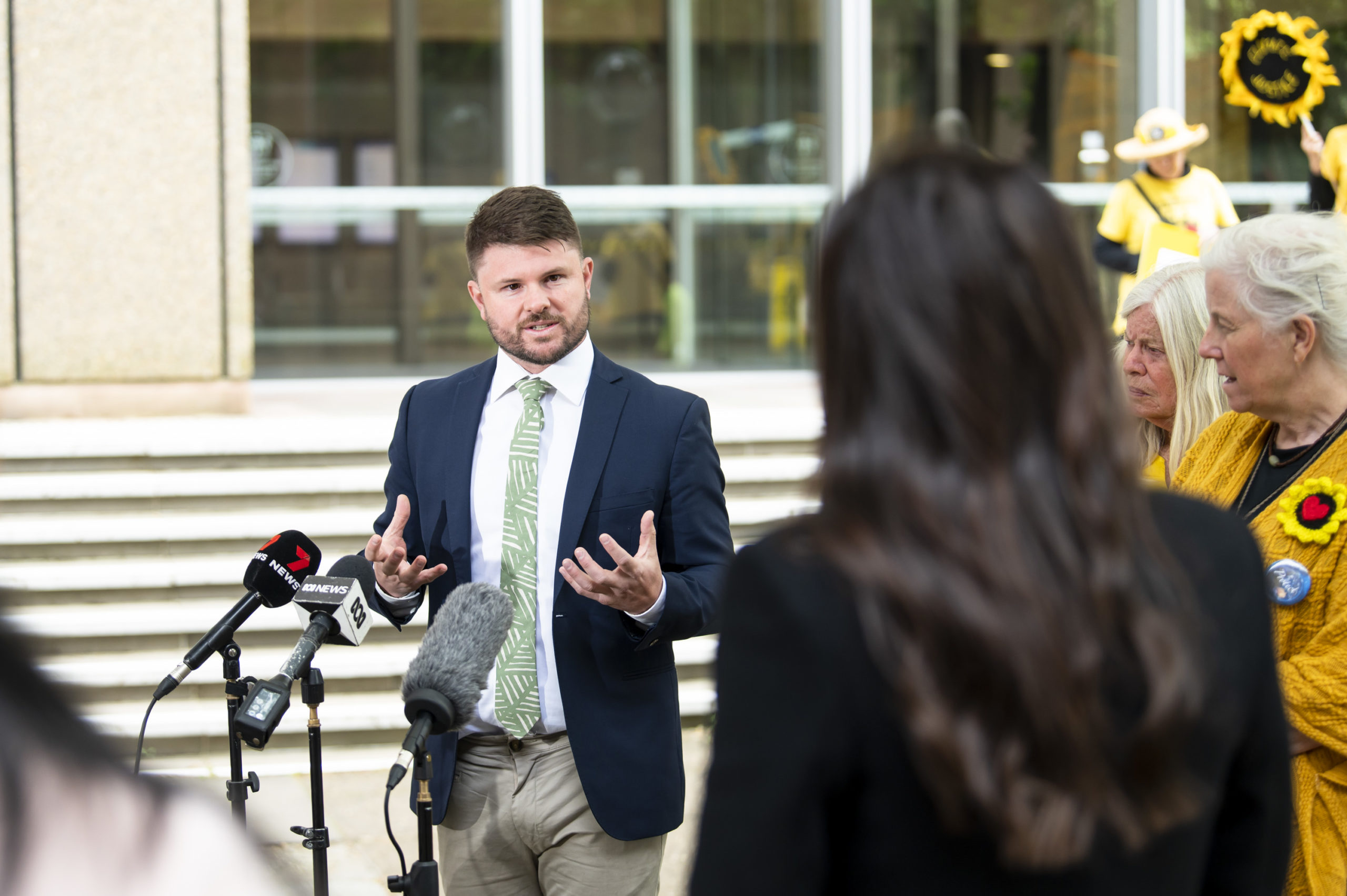Meet the two climate-impacted Knitting Nannas using the law to protect our democratic freedoms in NSW
Following four years of devastating disasters and government inaction on climate change, two women from the flood and fire-ravaged NSW mid-north coast have launched a Constitutional challenge to NSW’s new anti-protest laws.
The EDO recognises and pays respect to the First Nations Peoples of the lands, seas and rivers of Australia. We pay our respects to the First Nations Elders past, present and emerging.
EDO aspires to learn from traditional knowledges and customs that exist from and within First Laws so that together, we can protect our environment and First Nations’ cultural heritage through both First and Western laws.
EDO recognises the on-going resistance led by First Nations Peoples for more than 200 years, in the face of dispossession and colonisation. EDO also respects that First Nations Peoples have been and continue to protest for the protection of their Countries and do so at great risk.
We recognise that First Nations’ Countries were never ceded and express our remorse for the injustices and inequities that have been and continue to be endured by the First Nations of Australia and the Torres Strait Islands since the beginning of colonisation.
Protest is an integral part of our shared democracy
Like many others, Dominique and Helen were incredibly concerned when earlier this year, the NSW Government rushed through sweeping amendments to our protest laws without public consultation.
The new laws are so broad that a group of people could face serious criminal charges simply by protesting near a railway station and causing people to be redirected around them.
Now Dominique and Helen are taking a stand for the freedoms of all NSW people with a Constitutional challenge to these new anti-protest laws in the Supreme Court of NSW.
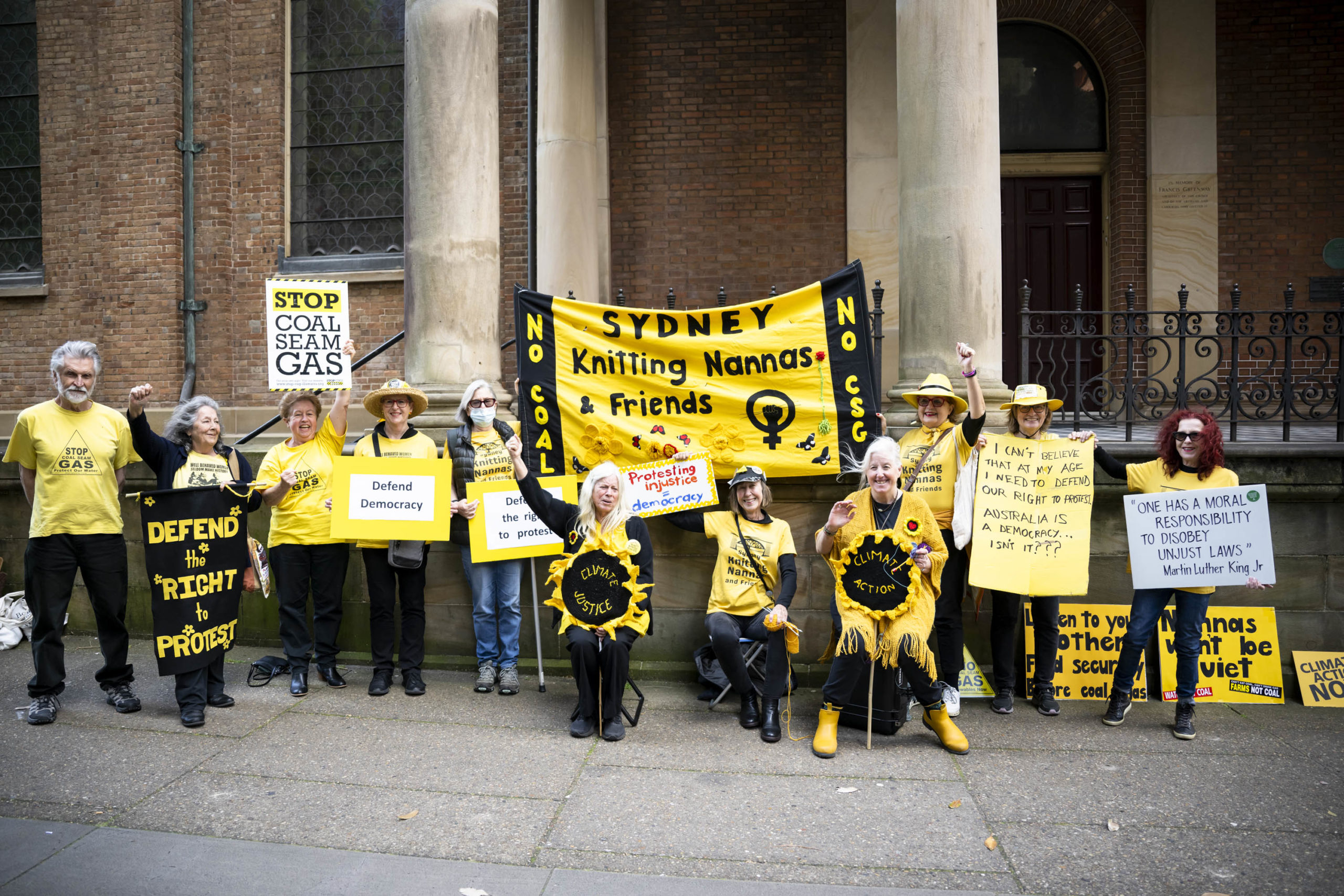
“There’s a long, proud history of peaceful protests in Australia, and our democratic freedoms are critical in pushing the Government to do the right thing and take climate action seriously.”
Plaintiff and Knitting Nanna Helen
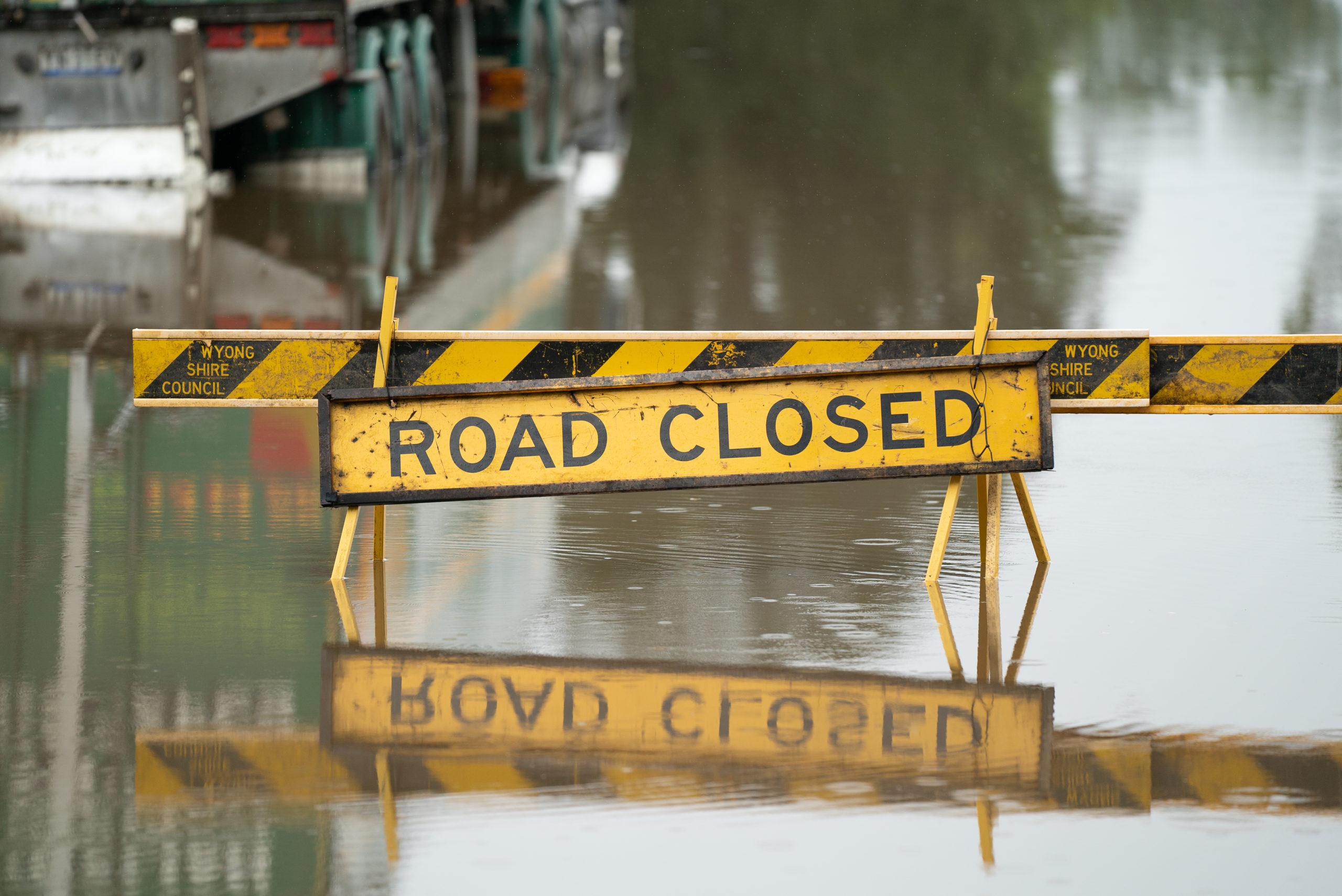
Climate impacts are
happening now
In the last four years alone, Dominique and Helen have endured the devastation, trauma and loss from drought, fires and floods in their communities.
Yet our governments are still
lagging behind
The message from governments and scientists of the world could not be clearer, without immediate action and phasing out of fossil fuels, we will not be able to secure a liveable future.
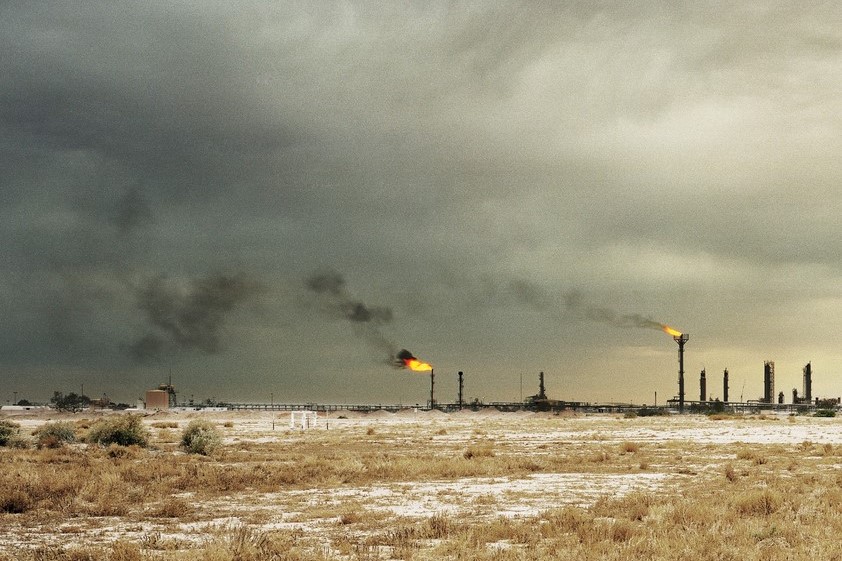
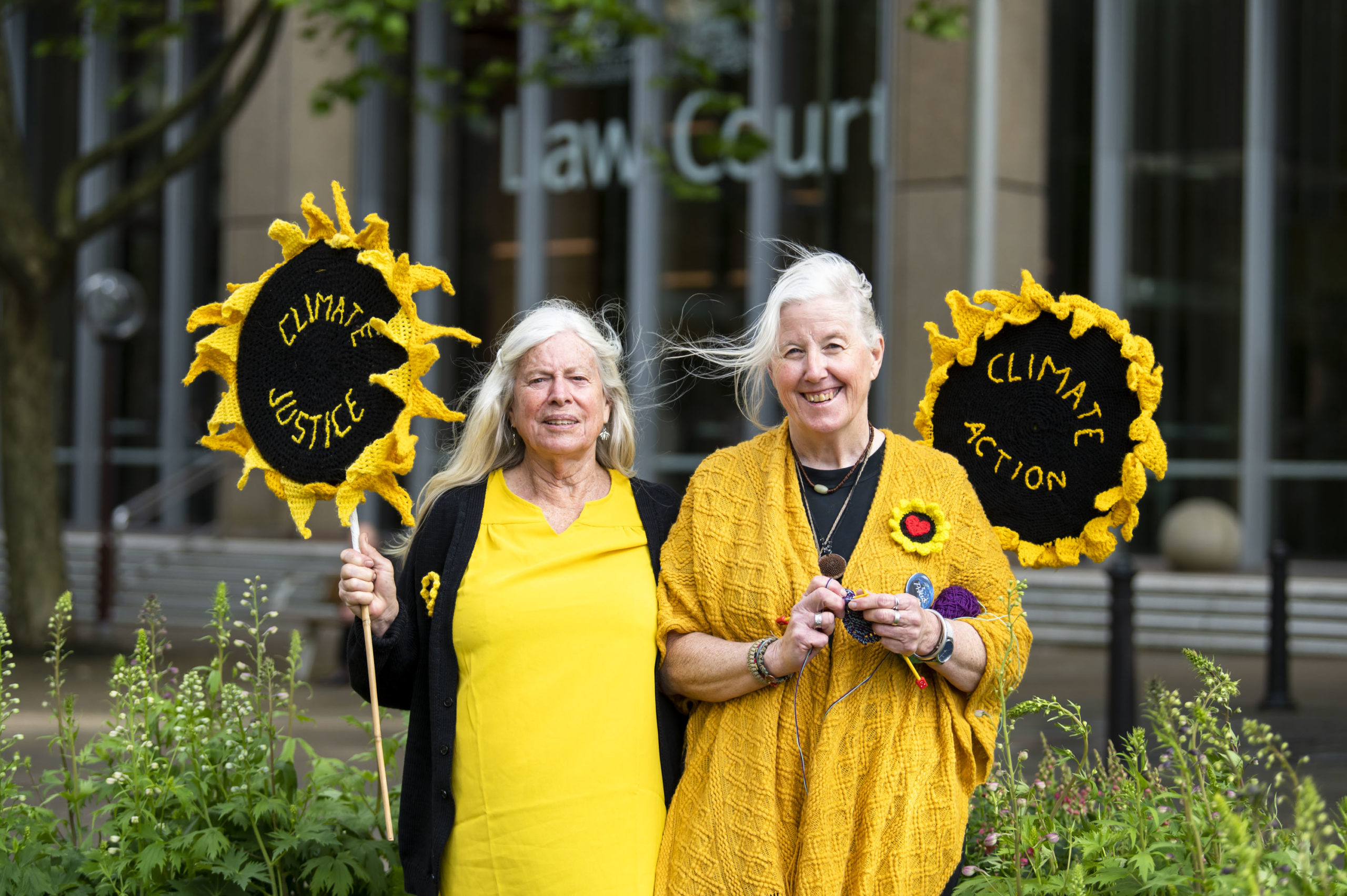
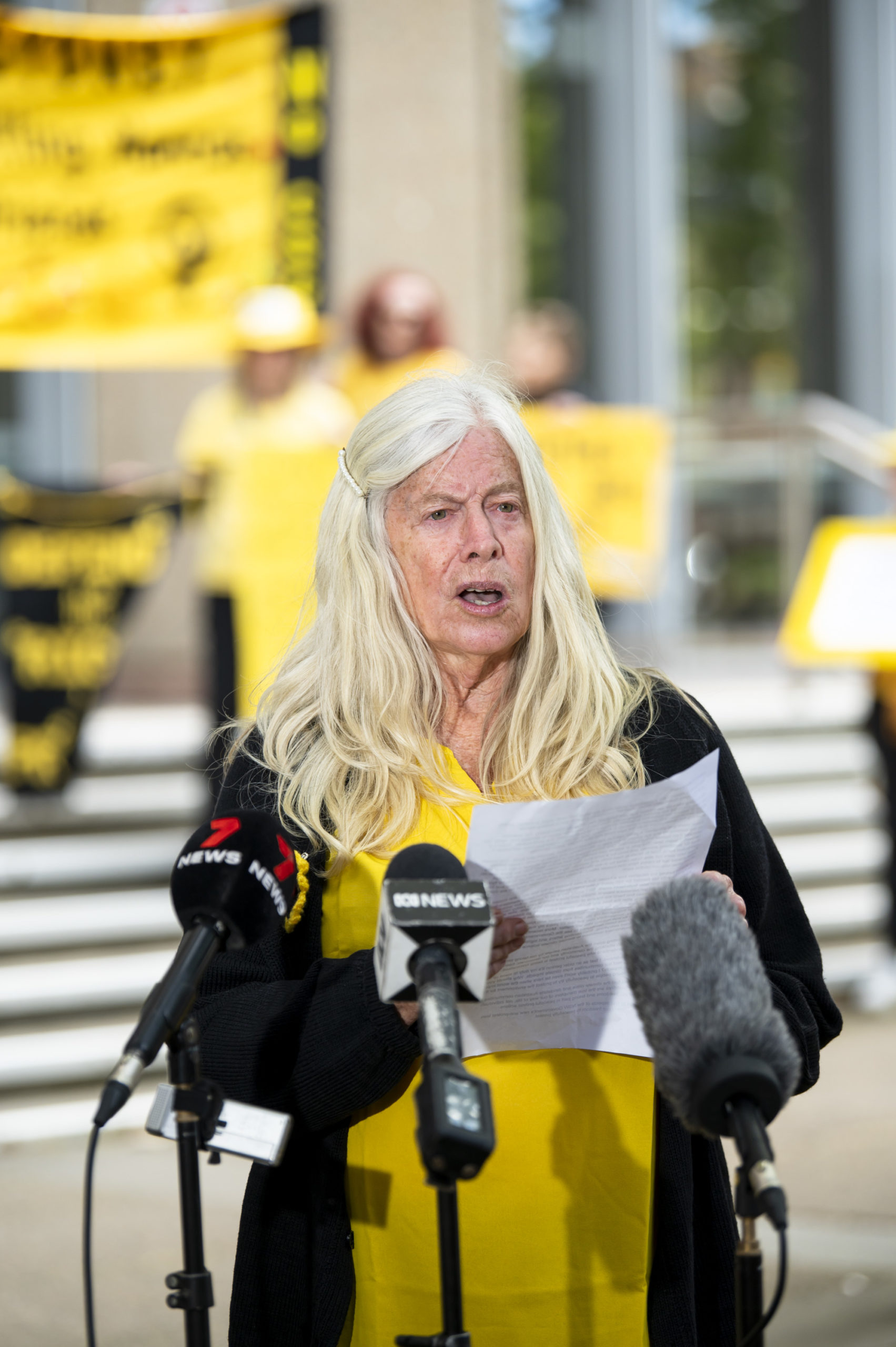
“We’ve tried everything from sending letters and signing petitions to meeting politicians and still, the Government continues to dismiss climate science and approve new coal and gas projects.”
For these two women protest became an essential form of political expression to sound the alarm about the impacts of climate change.
“Our communities have felt terrified, angry and stressed. Protest can transform those overwhelming feelings into change and action,” Dominique said.
“We will ask the Court to find that aspects of these new laws are unconstitutional. Australians like us shouldn’t have to risk imprisonment or bankruptcy to participate in our democracy, and the Government should not be taking away our democratic freedoms.”
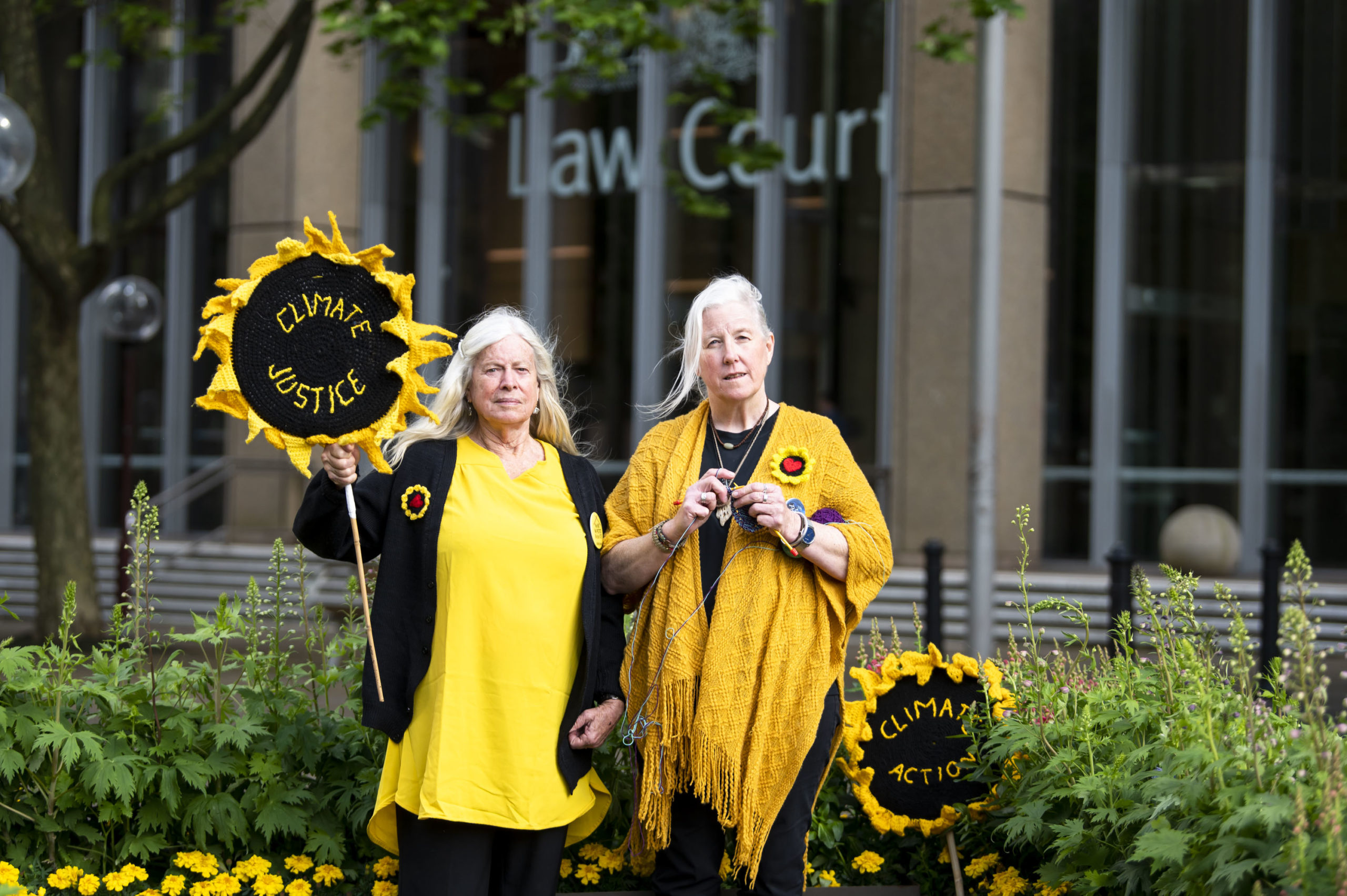
Australia has a long and proud history of peaceful protest
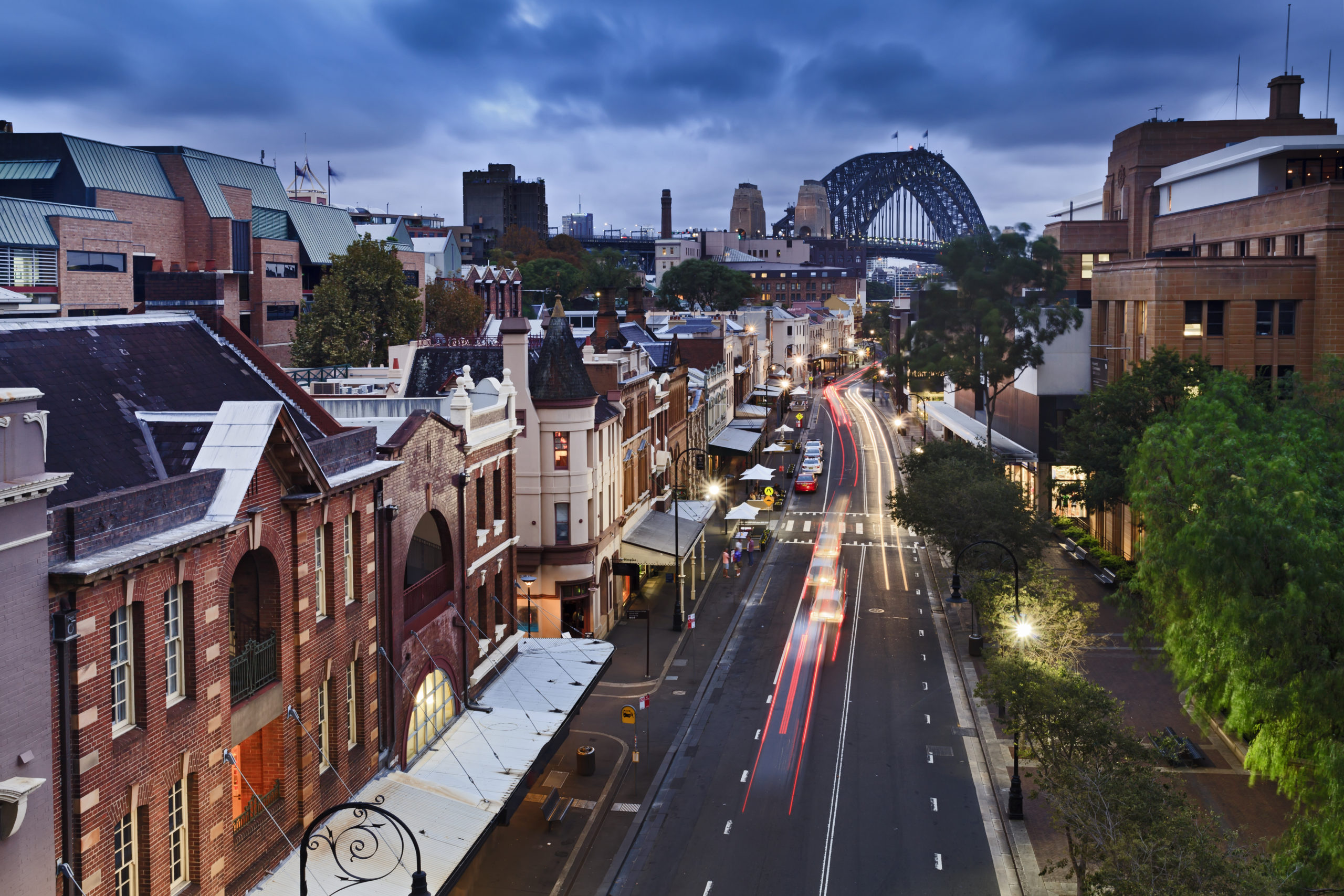
Without collective, peaceful and public expression and assembly, all Australians would be without many of the rights and protections we take for granted today.
Through protest we’ve won the right to vote, to marry, and to be safe at work. We’ve seen the protection of World Heritage sites and the acknowledgment of Aboriginal and Torres Strait Islander peoples’ land rights achieved, in part, through protest.
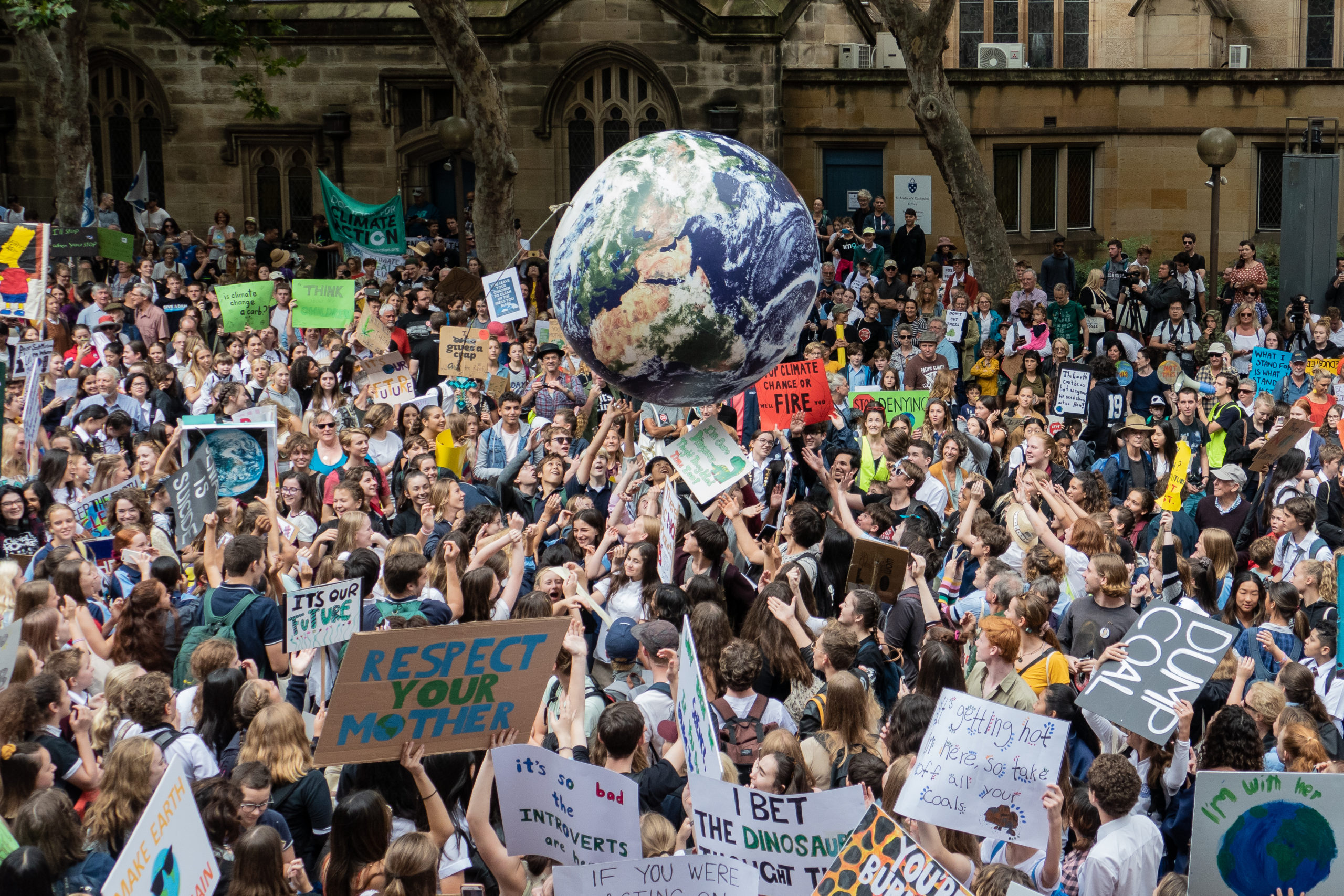
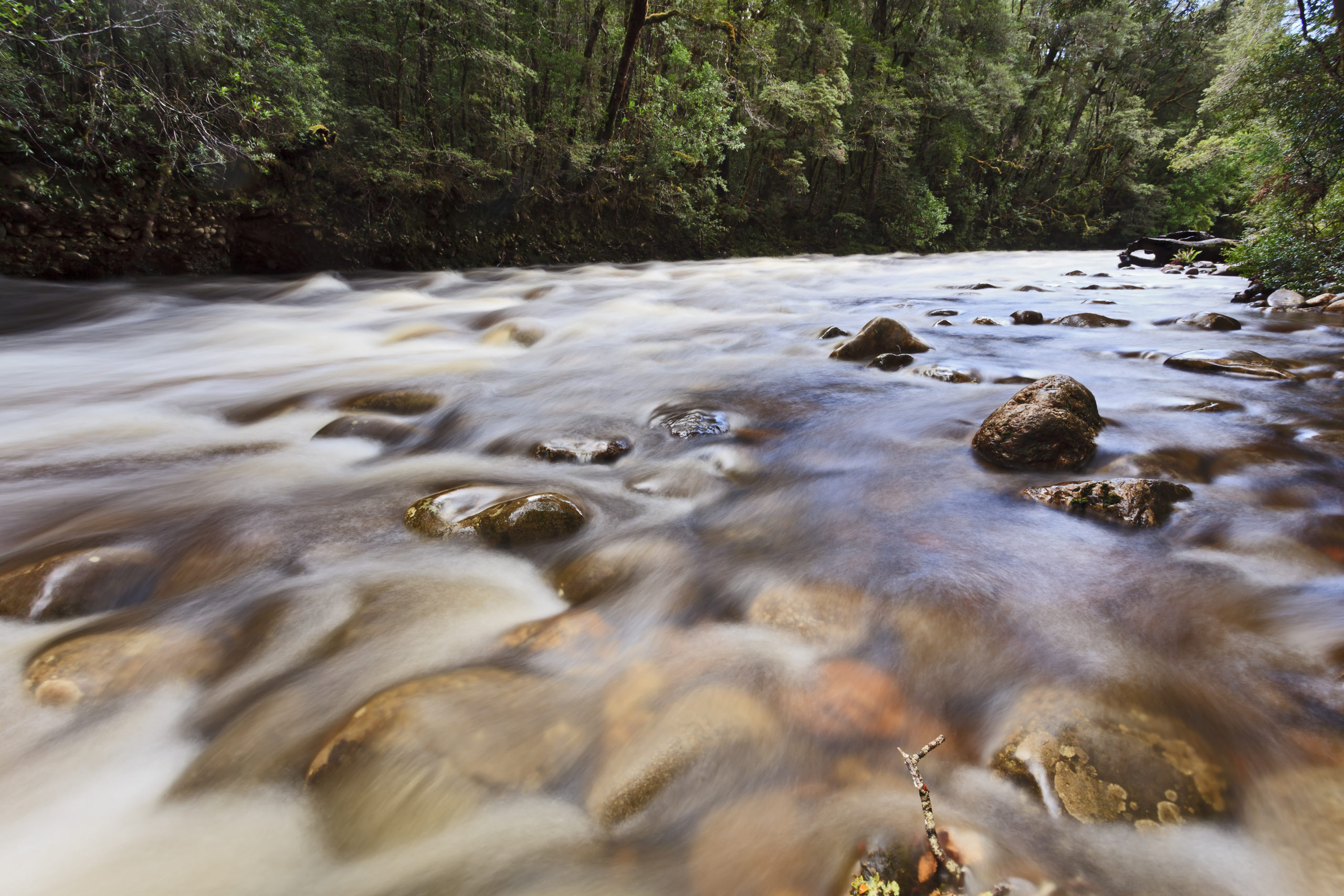
It is thanks to the protesters of the Franklin Dam and workers of the green bans movement that we and future generations enjoy stronger environmental laws and beautiful natural treasures.
To achieve a safe climate, we need a free and fair democracy
History has shown that protest contributes towards achieving better outcomes for nature and our climate.
To see the transformational change we need to achieve a safe climate, we need a free and fair democracy, where all voices can be heard. Our freedoms to protest must be protected.
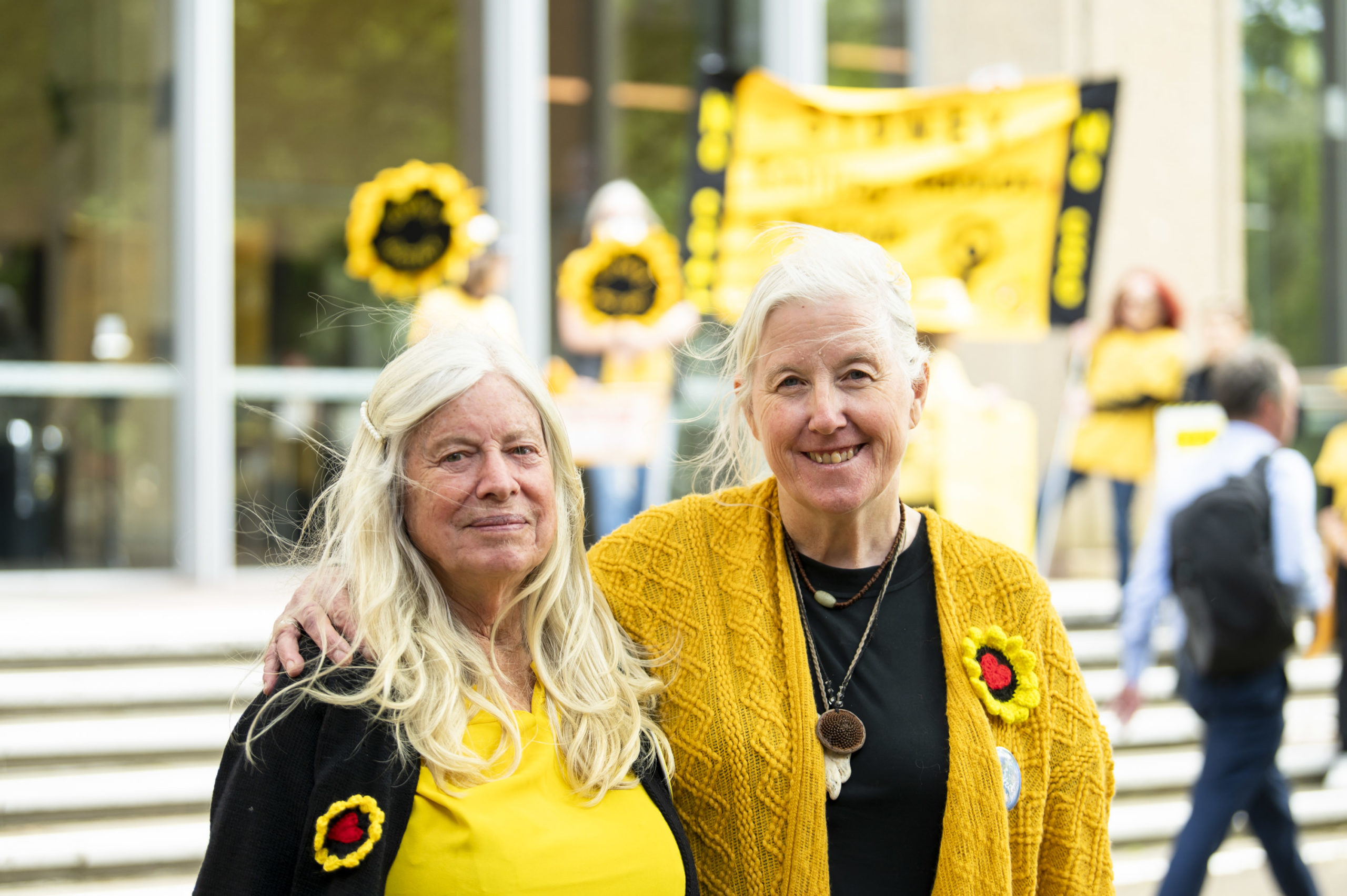
We must defend our freedoms to protest before it’s too late
While the NSW amendments were introduced to deliberately target environmental defenders, the legislation is indiscriminate and has raised widespread, national alarm from unions and organisations across Australia.
Reforms like those in NSW are being replicated in Tasmania and now Victoria, setting a dangerous precedent and insidious trajectory toward the criminalisation of protest.
The decisions our governments make now can impact how protesters are treated for generations to come. For current and for future generations, we cannot allow our governments to critically erode an indispensable pillar of our Constitution.
“If successful, this case will aid in the preservation of our democracy. It will see the worst excesses of these new laws struck out. It will provide clarity for all NSW citizens seeking to avail themselves of the democratic freedom to protest.”
Dominique and Helen will ask the Supreme Court to declare new sections of the Crimes Act 1900 unconstitutional as they impermissibly burden the implied freedom of political communication of the NSW community.
Dominique and Helen will also ask the Court to find that the definition of “major bridge, tunnel or road” is too broad. Protesters entering, remaining, climbing or jumping on any declared “major bridge, tunnel or road” can face up to $22,000 in fines or up to two years in jail.
EDO is proud to represent Dominique and Helen in their Constitutional challenge and continue our work defending the freedoms of climate defenders in the Australia-Pacific.
Grata Fund supports people and communities to hold powerful government and corporate leaders to account and achieve systemic change through the courts. Grata has provided financial backing to remove the barriers of adverse costs to this important piece of public interest litigation.
